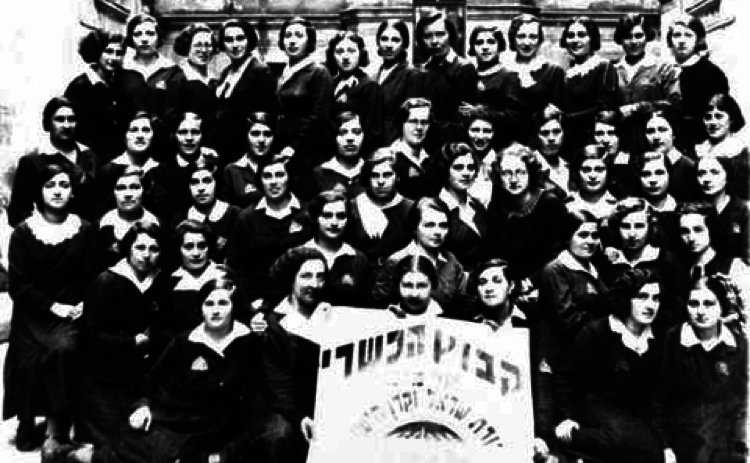June 28, 1919
As part of President Woodrow Wilson’s Fourteen Points of Peace at the end of World War I, the Republic of Poland was reconstituted as an independent state. During the Paris Peace Conference, one of the major initiatives undertaken by the Allies was the recognition of minority rights in European states. Emphasis was placed on allowing those minorities to maintain their distinct national cultures.
Of particular concern to world Jewry was recognition of the rights of Jews in the newly reconstituted Republic of Poland. A 1921 Polish national census recorded 2.86 million Jews in Poland; in 1931 the number had risen to 3.1 million. Jews represented between 10% and 15% of the country and Poland had the largest Jewish population in Europe. While addressing the rights of minorities in general, the Polish Treaty specifically mentioned Jewish cultural and civil liberties. Fourteen other countries would adopt similar treaties.
In addition to the Minorities Treaty, the Polish constitution also extended civil liberties to non-Poles and declared that minorities would be allowed to preserve their national traditions. Jews were officially recognized as a nationality within the state. Even with these protections, anti-Semitism continued to plague the Jews of Poland in the interwar period. At the same time that the Minorities Treaty was accepted, the Polish government considered expelling Russian Jews from the new Republic. Despite assurances in the treaty that Jews would be allowed to have their own schools and institutions, there was little national support from the Polish Government. As a result, communal institutions had little authority and their responsibility was essentially limited to religious affairs. Fifteen years later, in September 1934, Poland renounced the treaty.










